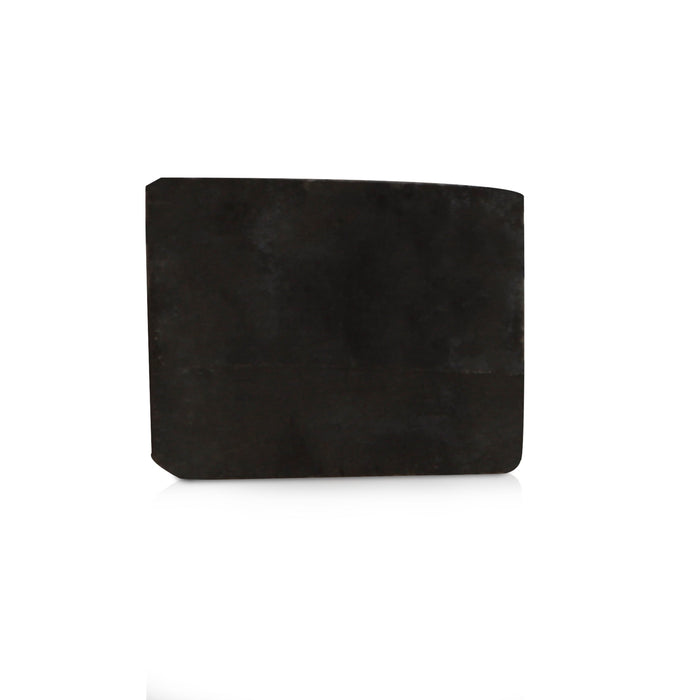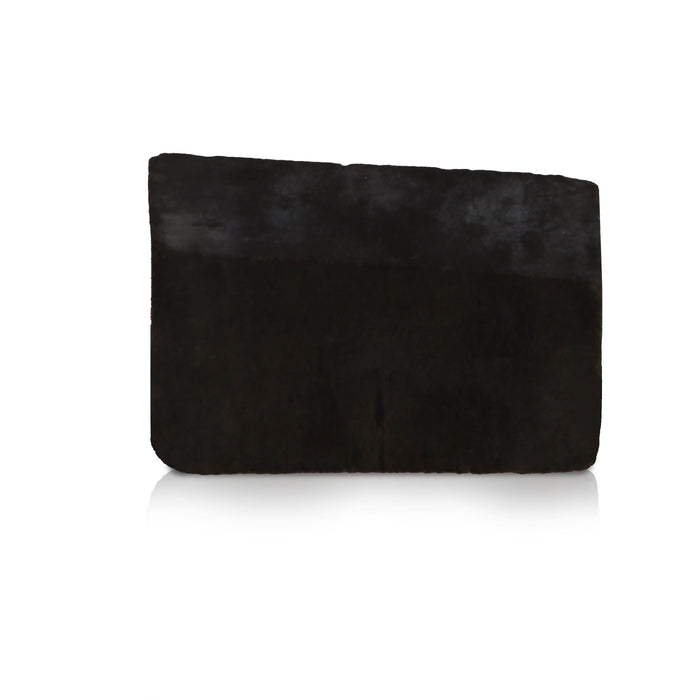
Ambal Swarnamukhi | Swarnamukhi Stone/ Panchayatana Puja Stones for Pooja
• Swarnamukhi Ambal and Swarnamukhi Shila are terms used to describe natural stones found in the Swarnamukhi River, considered sacred in Hinduism. These stones are believed to possess spiritual and healing properties and are often used in Panchayatan worship, a Hindu practice involving the veneration of five deities: Lord Shiva, Lord Vishnu, Goddess Durga, Lord Ganesha, and Lord Surya.
• Swarnamukhi Ambal refers to the stones that are believed to represent Goddess Swarnamukhi, an incarnation of Goddess Parvati. These stones are typically smooth and black in color and are said to radiate a golden hue. They are often worshipped as a manifestation of the Goddess's blessings of prosperity, wealth, and abundance.
• Swarnamukhi Shila refers to the stones that are believed to possess inherent sacred energy. These stones can vary in shape, size, and color but are generally smooth and have a natural luster. They are often used in meditation and spiritual practices and are believed to promote peace, harmony, and well-being.
• In Panchayatan worship, Swarnamukhi Ambal and Swarnamukhi Shila are placed alongside the idols of the other four deities, creating a sacred altar. Devotees believe that worshipping these stones together strengthens their connection to the divine and brings blessings of prosperity, good health, and spiritual enlightenment.
• The use of Swarnamukhi stones in Panchayatan worship holds special significance for several reasons:
• Swarnamukhi River is considered sacred in Hinduism, and the stones found within it are believed to embody the river's spiritual essence.
• Swarnamukhi Ambal represents Goddess Swarnamukhi, bringing blessings of prosperity and abundance.
• Swarnamukhi Shila is believed to possess inherent spiritual energy, promoting peace and well-being.
• The stones complement the worship of the five deities, creating a unified and harmonious spiritual practice.
• The use of Swarnamukhi stones in Panchayatan worship is a deep-rooted tradition, passed down through generations.

